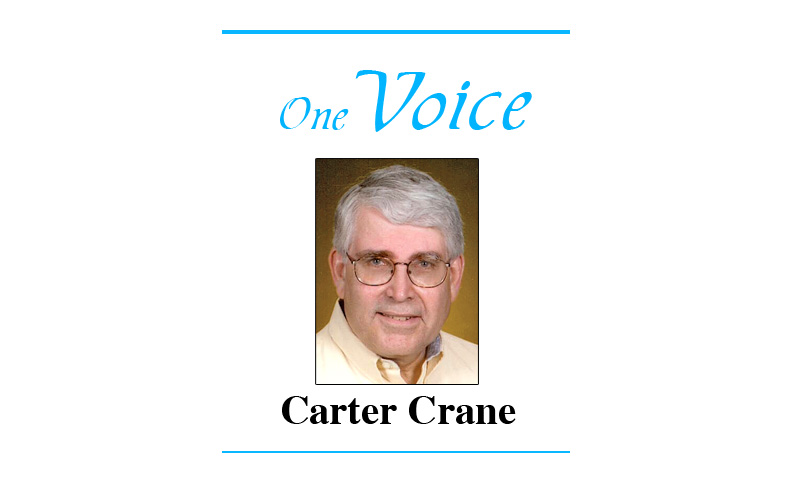
It is a busy world we live in these days for a variety of reasons. We can choose to be active and participate in many activities in our communities such as government, entertainment, religious, or other choices. We can choose not to be involved, perhaps function vicariously. We operate in our world with a sense of few social restraints outside of illegality and immorality.
We can decide within the framework of society what is best for us. At times, perhaps, we can give ourselves too much room, too much latitude, to make our decisions. We do live in a society that is close knit in many ways and our actions can be counter-productive to other individuals. Freedom? First Amendment rights do have limits. Unlimited freedom carried to an extreme is anarchy. The classic example, of course, is that we can be arrested and charge for yelling “Fire” in a crowded theater, or, any other confined quarters that would cause panic and personal injury.
Our world is diverse, however, we do have necessary rules and regulations, regardless of disdain a segment of society may view those rules and regulations. What are the limits of freedom?
The sub-culture debate has been ongoing since the COVID-19 vaccine became available more than six months ago. The harder some vaccine advocates pull and insist that vaccines must be completed throughout society the harder many individuals pull away and insist independent thought is a guarantee in the U.S. Constitution. Where is the line drawn? What is our future with nearly a half of the United States without COVID-19 vaccination? Insisting by law, decree, mandate, rule, that everyone should succumb to receiving the available shots, leads to autocracy.
We may have more deaths that could have been avoided if a vast majority of U.S. residents took the vaccine. Yet, there must be concern about side-effects. What will the vaccine do to our bodies in the future? Everything is a calculated risk. Thoughtful insight must prevail and a sense of freedom can be realized.
Two independent, yet, relevant thoughts come to mind:
• The United Kingdom’s World War II leader, Winston Churchill, was fond of saying, “Americans (United States) always do the right thing…after exhausting all other possibilities.”
How true is it? Is it our inflated sense of freedom. Is it a strength of character? Is it carelessness? How can we evaluate our sense of commitment to self and society at the same time? Do we do enough to be properly informed? Questions we are obligated to consider many times.
• The cartoon of the September 2 edition of The Voice gives view of rights, government, and responsibility. The driver of a car is stopped by a traffic officer because the driver of the car was driving on the left-hand side of the road and laws in all communities of the country indicate we must drive n the right side of the road to prevent accidents. The driver tells the office that the government has no right to tell him what to do. On the surface we think that is absurd, however, some extreme thinkers may agree with the driver. Where is the line between freedom, responsibility, and rights of both individuals and government?
Critical thinking is the key and the solution.
If we are out and about we have many opportunities to hold serious discussions. Respect for another person is essential. Just notes:
• State representative Mark Batinick of Plainfield sent an open letter to governor JB Pritzker of ideas to move us forward through COVID-19. Ideas and discussion are important.
• State representative Barbara Hernandez of Aurora will be a partner in a free shred day Saturday, Sept. 18 at the Santori Library n Aurora, 9 a.m. to 11 a.m. Saturday, Sept. 18.
Clear and Concise, Week 36, Year 2:
Words that are nearly always superfluous, or unnecessary, and should be avoided, and not used: Also, located, going forward.

